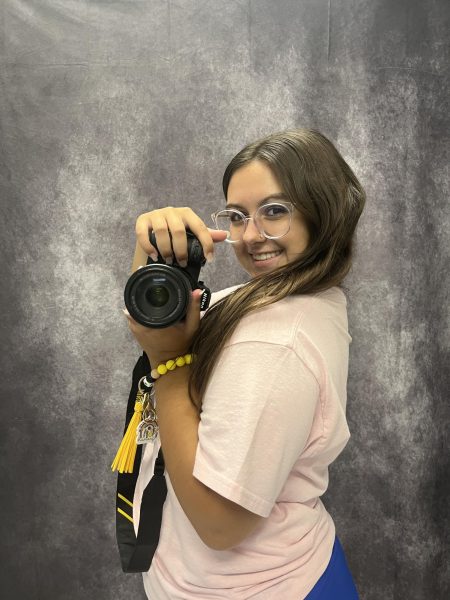Scheduling for the 25’-26’ school year is in full swing. The counseling department works hard to accommodate all the student’s requests. The approximately eight-month process starts in January, and goes into August of the following school year. Once everything is finalized, schedules will become available in early August.
This school year, one-on-one meetings with counselors began on January 17 and will end on January 29. All request papers must be signed by a parent or guardian and turned in to the appropriate teacher by January 31. Freshmen are to submit their forms to their physics teachers, while sophomores and juniors are to submit to their history teachers. Student meetings will be held during these classes for each grade level.
“Meeting one-on-one with each student on our caseload makes things much easier for us on the back end of the process. We are able to catch things that can cause issues later by meeting and talking through things with students on the front end,” school counselor Ann Listerman said.
Each year, new additions to the course catalog must go through an approval process before scheduling begins. The counselors then add any new information to their presentation used to educate students about their class options. Additionally, all teachers must submit recommendations for students as they move on to the next year. They must decide where each student will fit best in the upcoming school year based on their academic strength, as opposed to their work ethic.
Once schedules are turned in, decisions are final. Students may be given the opportunity to change classes at the beginning of the school year, but counselors recommend choosing favorable alternates and putting full focus into deciding classes for the following year.
“Oftentimes we cannot accommodate the changes due to when classes are offered,” school counselor Rachel Stephenson said.
To graduate, students must have four English credits, four math credits, three social studies credits, three science credits, and one fine arts credit. In addition, most four-year colleges require students take two language credits during highschool.
Highlands offers 153 elective courses split up between visual arts, business, information technology, health and physical health, drama and theatre, music, mass communications, family and consumer science, engineering and technology, social studies, science, English, world language, health sciences, and peer tutoring course options. New options this upcoming school year include accounting and education classes and ceramics. Additionally, AP Research will be returning as a full-year course option.
“If students have an interest in these subjects, I recommend them. Ceramics requires students to take Art I first. AP Research requires that students take AP Seminar first,” Schnitzler said.
Highlands also partners with Campbell County High School’s Area of Technology Center (ATC) to support students who choose to learn a trade. The CCHS ATC has trade options for health sciences, masonry, carpentry, welding, electric, automotive technology, and autobody repair.
As one-on-one meeting dates approach, consider all of the options HHS has to offer for electives, core classes, and more! If any questions or concerns come up, reach out to the appointed counselor or check out the HHS School Counseling Office website for more information.




